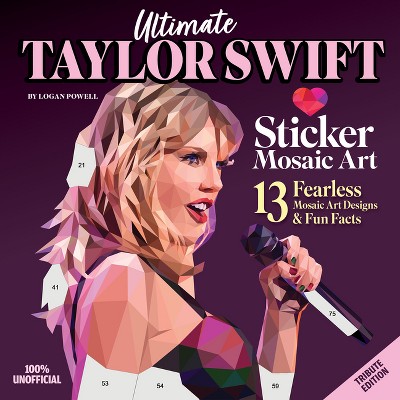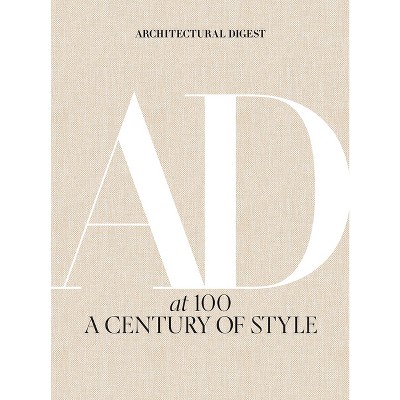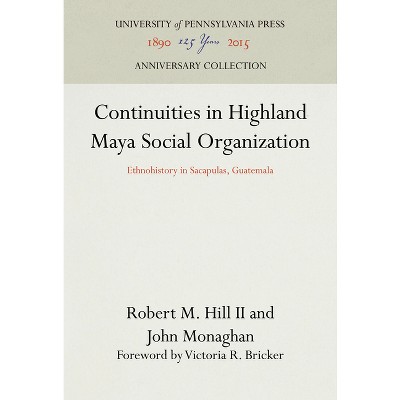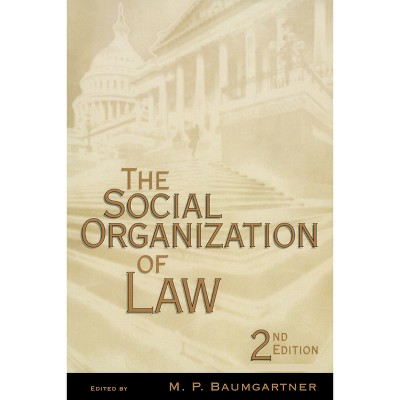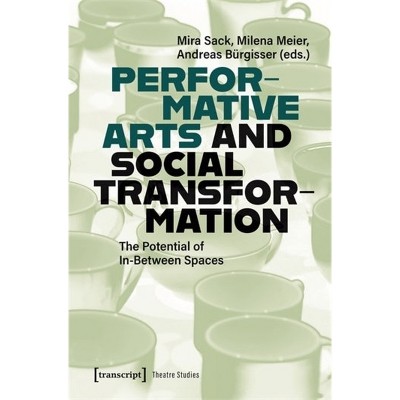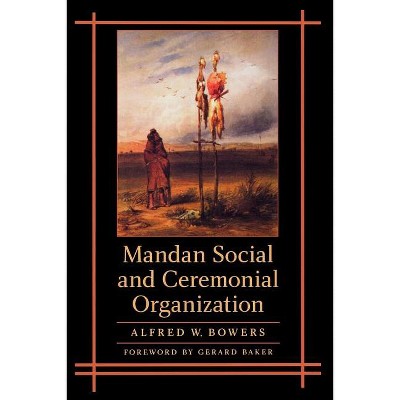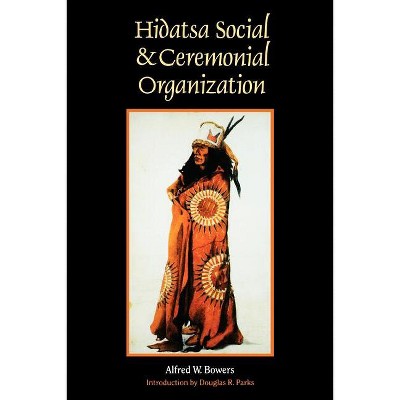The Social Organization of Arts - (Mdwpress) by Volker Kirchberg & Tasos Zembylas (Paperback)

About this item
Highlights
- In recent decades, social and economic changes have brought about a growing awareness of the role of art and culture in society.
- About the Author: Volker Kirchberg is a professor for sociology of the arts at Leuphana Universität Lüneburg in Germany.
- 274 Pages
- Art, Criticism & Theory
- Series Name: Mdwpress
Description
About the Book
The authors critically discuss seven major theories of the social organization of arts in Western societies, with the aim of encouraging further research and theoretical developments.Book Synopsis
In recent decades, social and economic changes have brought about a growing awareness of the role of art and culture in society. As a result, scholars have turned their attention to a sociological view of arts, developing hermeneutic approaches and conducting empirical research that have led to a wealth of insights into the organization of arts. These studies of the creation, production, distribution, evaluation and consumption of arts are clearly sociological, but they include approaches from other disciplines, notably arts management studies and cultural policy research. Volker Kirchberg and Tasos Zembylas critically discuss seven major theories of the social organization of arts in Western societies, with the aim of encouraging further research and theoretical developments.Review Quotes
The Social Organization of Arts assembles and explains the three most influential theoretical constructs for the study of art worlds, fields or systems. It also covers the dominating approaches for understanding what it is that is actually produced, distributed and consumed in music, literature, the visual and the performing arts. There exists hardly a more concise, up-to-date treatment of this expanding field of research.--Michael Hutter, Professor emeritus, Berlin Social Science Center
The Social Organization of Arts masterfully displays both the centrality of the arts to society and sociological theorizing, as well as the centrality of sociological theory to understanding the production and organisation of the arts and their impact on society. Whether one looks at the arts from a societal perspective or society from the perspective of the arts, this book is an essential guide.--Chris Mathieu, Associate Professor of Sociology, Lund University and Chair of the European Sociological Association's Research Network on The Sociology of the Arts
A welcome addition to the literature on an important area: the social organization of arts. Based on a knowledgeable discussion of renowned theories, this compendium discusses conceptual tools useful to build-up meaningful empirical research while being sensitive to the complex, flexible, contingent and unpredictable dynamics of artistic organizations.--Marie Buscatto, Professor of Sociology, University of Paris 1 Panthéon Sorbonne
Sociological research on the arts has generated a wealth of descriptive findings over the past several decades as well as some powerful theoretical insights, without much focus on either cumulation or synthesis. The current volume is a welcome intervention, providing a panoptically comprehensive overview of this field with admirable clarity and astute critical judgment.--Paul DiMaggio, Professor of Sociology, New York University
This important book on the social organisation of the arts provides an engaging tour through key theoretical perspectives and is packed with insights that will shape scholarship. The combination of arts sociology, arts-focused organisational studies, and social theory, looked at with an interdisciplinary lens, is unique, making a major contribution to the field.--Victoria D. Alexander, Professor of Sociology and Arts Management, Goldsmiths, University of London
This well-written and fascinating book of the social organisation of arts is a must-read for scholars, practitioners and students. It's not only suitable for sociologists, but also for arts managers, art historians and beyond, I couldn't put it down. This book sets a benchmark for research to come in the context of the arts, its organisations and the networks that sustain relationships.--Ruth Rentschler, Professor in Arts and Cultural Leadership, University of South Australia
About the Author
Volker Kirchberg is a professor for sociology of the arts at Leuphana Universität Lüneburg in Germany. His research fields are sociology of arts and culture, organizational arts sociology, studies of museums and society, and urban sociology. He has been section head and board member of the international sociological research networks of the European Sociological Association and of the International Sociological Association, as well as of the Association of Cultural Management Studies (of the German-speaking countries). His recent research interests lie in the interfaces of arts & culture, cities, and cultural sustainability.
Tasos Zembylas has been professor for cultural institutions studies at Universität für Musik und darstellende Kunst Wien since 2003. He is member of the Advisory Board of the Research Network Sociology of Arts (European Sociological Association) and founding member of the Research Network on Implicit Knowledge (Forschungsnetzwerk Implizites Wissen). His research specializations include the sociology of artistic practices, public cultural policies, and the institutional analysis of arts.

